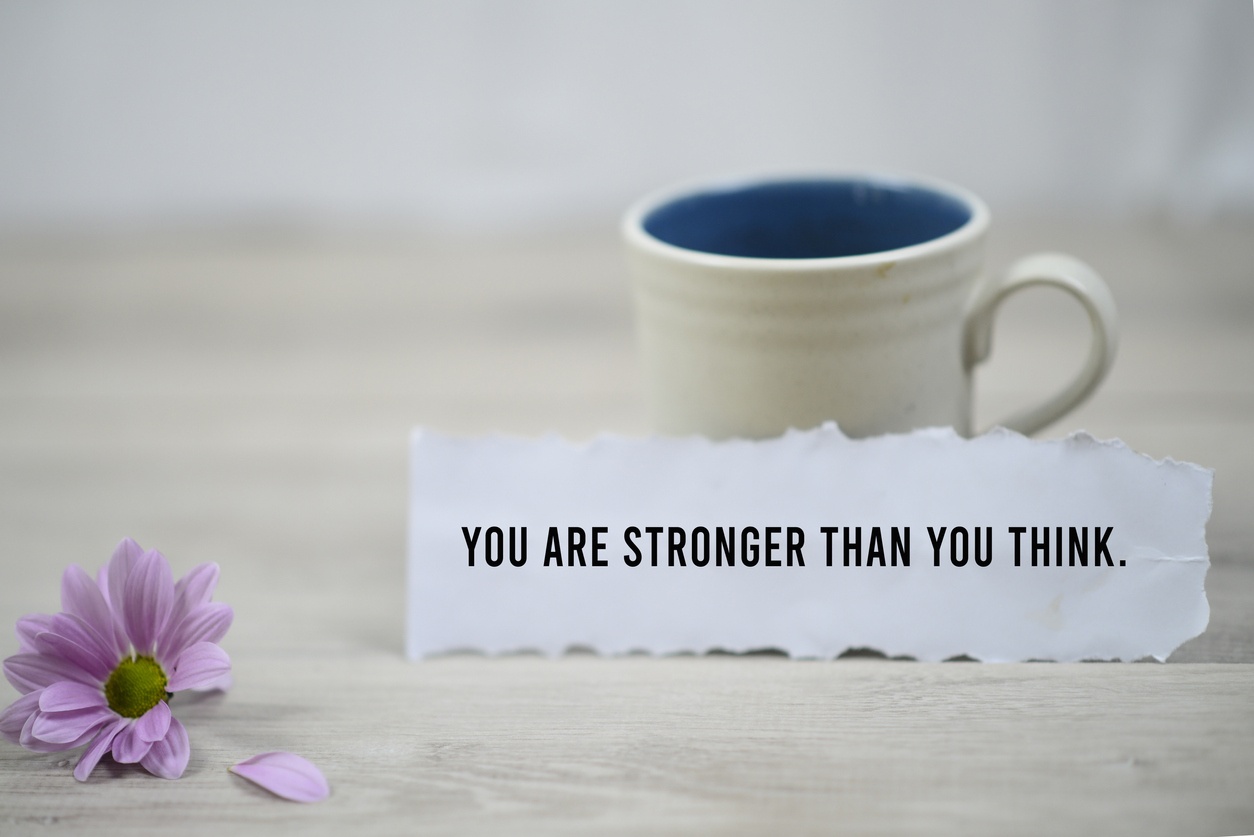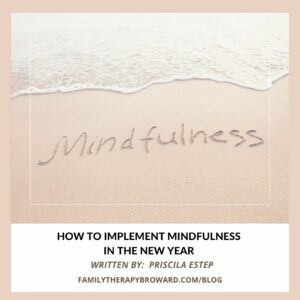Depression Therapy- Weston, Fl
“Mental pain is less dramatic than physical pain, but it is more common and also more hard to bear. The frequent attempt to conceal mental pain increases the burden: it is easier to say, ‘My tooth is aching’ than to say ‘My heart is broken.’” C.S. Lewis, author
We all feel heartbroken sometimes. No one’s life is spared events that make us sad—the death of a loved one, a divorce, job loss, and the list goes on and on. But when the sadness won’t go away, or when it seems to come on without provocation, then you could have depression.
Depression is a mood disorder that may not only generate feelings of sadness, but also worthlessness, hopelessness, pessimism, guilt and Anxiety. For some people, depression interferes with their ability to work or study and perform simple daily activities such as dressing, keeping house, eating and sleeping.
There is good news: depression is treatable. At Family Therapy Group, we offer depression therapy in Weston that is customized for you. Everyone experiences depression differently, so there is not a one-size-fits-all treatment plan. Instead, you and your therapist will work together to find the path of healing that leads to your happier and more productive life
What Are the Symtoms of Depression?
Symptoms of depression can be mild or severe and include:
- A seemingly unending feeling of sadness or what some describe as “emptiness”
- Irritability
- Decreased energy and fatigue
- Difficulty concentrating
- Feelings of worthlessness, hopelessness and guilt
- Insomnia or over sleeping
- Changes in appetite that might lead to weight loss or gain
- Thoughts of death or suicide
You can call the toll-free, 24-hour hotline of the National Suicide Prevention Lifeline at 1-800-273-8255 if you or someone you know is having suicidal thoughts. 911 and your nearest emergency room are also available to help someone in crisis.
Why Do I have Depression?
More often than not, several factors combined contribute to depression. There may be a biological component such as your genetics, brain chemistry and hormones. Challenging life events, an unhappy family atmosphere, or any other stressful living situation can be a factor, too. In addition, the environment affects some people, including daylight and the change of seasons.
Depression can happen at any age. Some teens experience depression when their bodies’ growth and hormonal changes occur. Young adults may become depressed after moving away from home, and adults report episodes of depression during major life upheavals. Older adults can also experience depression as a side effect of other health concerns or as they watch their children or grandchildren’s struggles whatever those may be.

What Can I Do for my Depression?
The first thing we recommend is a visit with your primary care physician for a complete evaluation and lab tests. This way, you and your doctor will be able to rule out a medical condition of which depression might be a symptom.
If you are diagnosed with depression, then therapy and possibly medication may be the recommended course of treatment. Your therapist in Weston might choose Cognitive Behavioral Therapy, or CBT. With CBT, you will learn how to reprogram unwanted thoughts, emotions and actions. Following a structured step-by-step process, your therapist helps you move past the ruminating pattern that might have lead to depression.
Another option is problem-solving therapy, which is a form of psychotherapy. If your depression seems to be connected to a difficult problem in your life, then figuring out how to resolve the problem may help lift your depression. You and your depression therapist will first identify the problem and then come up with several possible solutions. Once the most realistic solution is chosen, an action plan is developed for you to follow.
Are there different types of depression?
The two most common forms of depression are:
Major depression: this includes having symptoms of depression most of the day, nearly every day for at least 2 weeks that affect your ability to work, sleep, study, eat and enjoy life. When it takes place, it is considered to be an episode but there are times when a person may see multiple episodes take place.
Persistent depressive disorder (dysthymia): this diagnosis is used when someone who experiences many of the symptoms have it take place for a period that takes place for at least 2 years.
Questions about depression…

While depression may feel like it is a hopeless situation, please be patient with yourself.
Once you become aware that what you are experiencing is depression, then we have a clear path of treatment to follow. The good news is that depression is very treatable, and that you can regain who you use to be in a few sessions.
Our therapists have been effectively treating depression for years. We recognize that depression is a stage in most people’s lives and that once the symptoms are reduced that there is growth that can take place

For everyone we see that is dealing with depression, we always recommend the following:
- Exercise and stay active.
- Socialize with family and friends
- Confide in a close friend or relative about your feelings
- Don’t isolate
- Be patient, depression takes time to lift
- Postpone important life decisions until you’re feeling better
Read Some of Our Blog Posts About Depression:
How to Implement Mindfulness to the New Year Blog
Written by: Priscila Estep As we bid farewell to last year and welcome the start of the new year, it’s a great time to embrace mindfulness…
Read More



